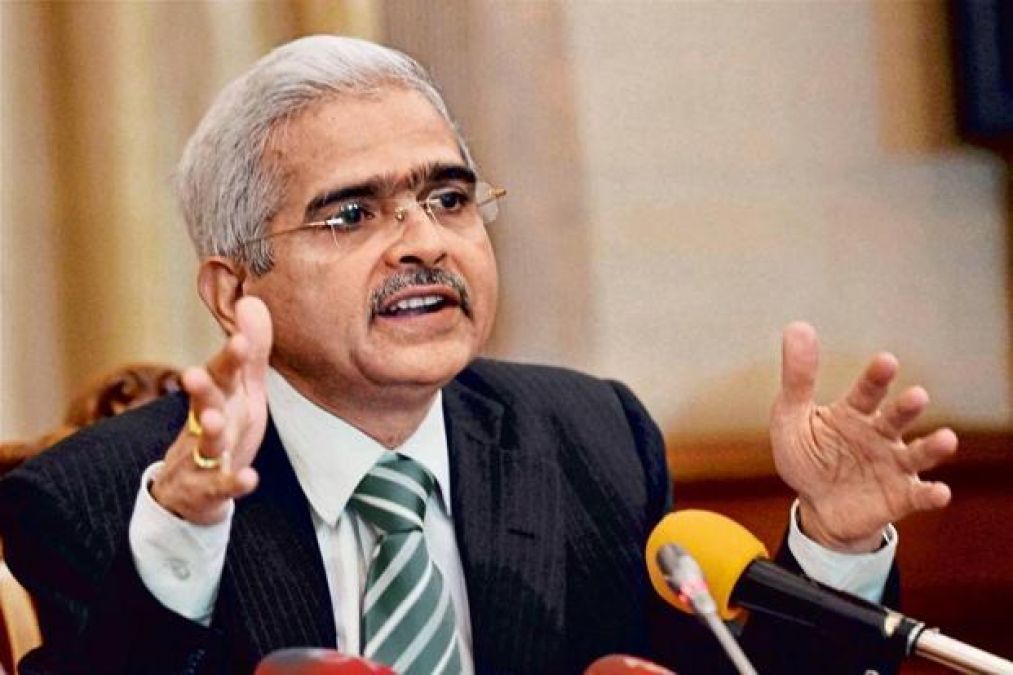
KOCHI: Shaktikanta Das, governor of the RBI on Friday gave a thumbs up to India's banking system, while stressing how recent developments in the United States have brought to the fore the criticality of banking sector regulation and supervision
"What we have in India today is a well-regulated and well-supervised banking system. The same would apply to the Non-Banking Financial Companies and other financial entities under the RBI's domain," he said while delivering the K.P. Hormis Commemorative Lecture in Kochi. Please note, Hormis was the founder of the Kerala-headquartered Federal Bank.
The RBI Governor emphasised that the focus is now more on identifying the root cause of vulnerabilities, rather than dealing with the symptoms alone.
"We have also released updated policies on the functions of financial entities' oversight and assurance. Our supervision approach is being supplemented with the use of innovative data analytics. A thorough cyber security framework for banks and digital payment security control guidelines have been released to increase cyber resilience. In recent years, we have also greatly increased the personnel strength and formed the college of supervisors," he said.
Das concentrated on the importance of banking sector regulation and oversight and how recent changes in the US financial system have highlighted this. "These are areas that significantly affect maintaining the financial stability of every nation. More specifically, these events in the US serve as a stark reminder of the significance of ensuring prudent asset liability management, strong risk management, and sustainable growth in liabilities and assets, as well as the necessity of conducting regular stress tests and accumulating capital buffers for any unforeseen future stress.
They also point out that similar assets, such as crypto currencies, can pose a serious threat to banks, either directly or indirectly, he continued.
"In each of these areas, the Reserve Bank has taken the necessary action. The regulation and supervision of the financial industry and the regulated entities have been adequately tightened. The regulatory steps include, among other things, the implementation of the leverage ratio (June 2019), the large exposures framework (June 2019), the scale-based regulatory (SBR) framework for NBFCs (October 2021), the revised regulatory framework for microfinance (April 2022), the revised regulatory framework (July 2022) for Urban Cooperative Banks (UCBs), and the guidelines on governance in commercial banks.
On India's G20 presidency, The RBI Governor pointed out that this has come at a time when the country has once again emerged as the fastest growing major economy in the world.
"International support for India's ability to make a positive difference in the reshaping of the world economic system is growing. Even while the rate of deflation is still slower than ideal, the probability of a harsh landing has decreased globally. Before the cascading impacts of geo-economic fragmentation further depress the global outlook, establishing confidence through cooperation and recommitting to multilateral institutions for addressing major global concerns has become imperative," he said.
THESE countries now accept trade payments in Indian Rupee